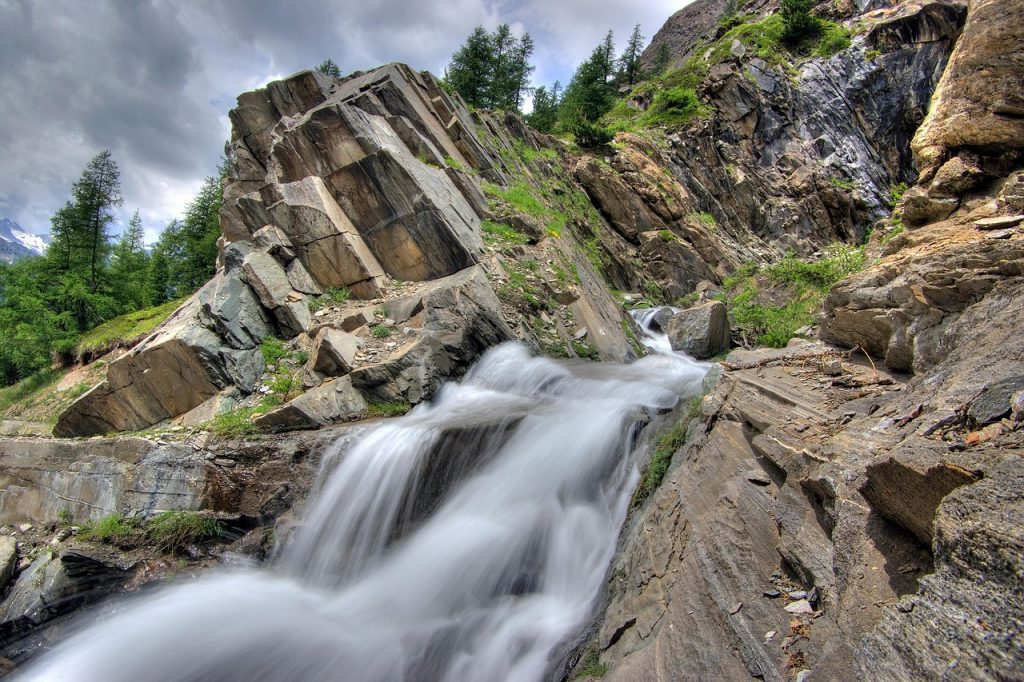When we think about war, what comes to mind first? Usually, human loss, destroyed cities, broken families.
But there’s another silent victim we often forget — the environment.
Every explosion, oil spill, and scorched forest leaves behind a wounded Earth that takes decades, sometimes centuries, to heal.
This is why the world observes November 6 as the International Day for Preventing the Exploitation of the Environment in War and Armed Conflict, a day that reminds us that protecting nature is not just about peace; it’s about survival.
Declared by the United Nations General Assembly, this day pushes us to recognize one simple truth, that when the planet suffers, so do we.
How the International Day Came to Be
This important day was established in 2001 under UN Resolution A/RES/56/4.
The aim was clear: to prevent the environment from being used, destroyed, or polluted during wars and armed conflicts.
Over the years, the United Nations Environment Programme (UNEP) and the United Nations Development Programme (UNDP) have worked to assess environmental damage in war zones and promote “green recovery” after conflicts end.
The declaration of this day reminds the world that environmental protection must go hand in hand with peacekeeping.
How War and Armed Conflict Harm the Environment
War doesn’t just destroy buildings, it devastates entire ecosystems.
Let’s look at how:
- Deforestation and habitat loss: Military operations often clear forests and destroy wildlife habitats.
- Water contamination: Chemical leaks, bombings, and fuel spills poison rivers and groundwater.
- Air pollution: Explosions and burning oil fields release toxic fumes that affect both humans and animals.
- Soil degradation: Landmines and chemicals ruin soil fertility for decades.
A striking example is the 1991 Gulf War, where retreating forces set fire to oil wells in Kuwait, releasing massive clouds of toxic smoke.
More recently, the conflict in Ukraine has led to oil leaks, fires, and pollution affecting rivers and farmlands.
Why Protecting Nature During War Matters
You might wonder, when lives are at stake, why worry about nature?
Here’s the thing: the environment is the foundation of all human life.
When war destroys farmland, pollutes water, or burns forests, it doesn’t just harm nature, it deepens the suffering of people who rely on it.
Food becomes scarce, diseases spread faster, and communities struggle to rebuild.
Environmental destruction also leads to long-term instability. Regions hit by war often face droughts, loss of biodiversity, and displacement, making recovery even harder.
That’s why protecting the environment during conflict is a necessity for peace and survival.
The United Nations’ Efforts to Protect the Environment in War
The United Nations has made this issue a global priority.
Agencies like UNEP and UNDP lead projects that focus on:
- Assessing environmental damage in post-war areas.
- Integrating environmental protection into peacebuilding.
- Encouraging countries to recognize environmental war crimes in international law.
- Promoting climate-resilient rebuilding of war-torn regions.
One remarkable initiative is UNEP’s Post-Conflict Environmental Assessment, which helps countries like Iraq, Afghanistan, and Sudan recover sustainably after years of destruction.
Preventing Environmental Exploitation in Future Conflicts
So how do we stop this from happening again?
Here’s what the world needs to focus on:
- Stronger international laws that hold those who damage the environment during war accountable.
- Green peacekeeping operations — making sure soldiers and aid workers follow eco-friendly practices.
- Peace-centered environmental governance — putting nature at the heart of rebuilding efforts.
- Public awareness — because people who know, care, and speak up can influence change.
War may sometimes be unavoidable, but destroying the planet in the process shouldn’t be.
Protecting nature must be seen as part of protecting life.
What Envy Nature Stands For
At Envy Nature, we believe there can be no lasting peace on a dying planet.
This day serves as a reminder that caring for Earth is a collective duty, not just in times of calm but especially in times of conflict.
Our mission is to inspire awareness, promote sustainability, and encourage everyone to take small but meaningful steps to protect our environment, no matter where they are.
Bottom Line
When wars end, the battle to heal the Earth begins. The scars of war — burnt forests, polluted rivers, ruined soil — take years to fade.
On November 6, let’s not just remember the damage war brings. Let’s also commit to healing, protecting, and standing up for the planet that sustains us all.
Because in truth, when we save the Earth, we save ourselves.
